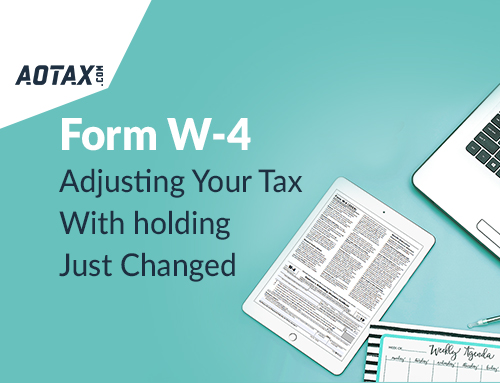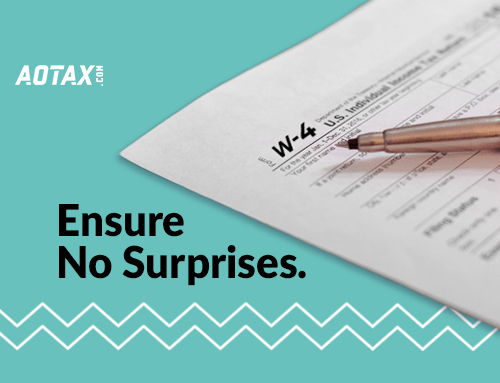
Who is considered to be an individual investor in the US?
Who is considered to be an individual investor in the US?
In the US, the direct impact of investment falls on the taxes of individuals. If you are investing, it would have a different implication on your taxes. Nowadays, with the various taxes, related software filing up for tax as an investor is not too tedious and difficult in the US.
Let us find out the various ways by which an individual would be considered as an individual investor in the US.
Buying or selling of a security
One of the simplest methods by which it can be determined that you are an individual investor or not is either you have bought or sold any security throughout the year. Here security can mean stocks, bonds, index funds, cryptocurrencies or even mutual funds.
However, by simply buying some stocks the way you fill your taxes for the year is not going to change. The company whose stocks or bonds you have purchased must give you a dividend and you must be able to sell them, otherwise, there would be no impact on the way you fill your taxes. In case, the company whose stocks or bonds you have purchased gives you a dividend you need to report it as income. Now, again if you sell that particular stock either for a gain or a loss you will have to report about this particular transaction on your taxes.
By investing in mutual funds or index funds, you will obtain 1099-DIV and 1099-B which will cover all the activities they have generated. In case, you have made any investments with the help of a retirement plan such as 401(k) or a Roth IRA it is going to have a separate impact on the way you will fill your taxes.
Savings App
On the purchase of stocks, you may not find it too relevant to consider yourself as an investor but there is numerous savings app available nowadays which help in saving more and turn you to be an investor. There is some savings app which will help in rounding up your purchases and thus save your money.
For instance, when you are purchasing by using the debit card of a particular company they will round up your transaction into the next dollar and your extra money would be invested on your behalf. Suppose, you have purchased food and beverages for a particular amount, it is rounded up and the extra amount is invested in a portfolio of exchange-traded funds. So, even if you are investing using these petty amounts you are an investor.
Type of investor
The type or category of investors you belong to is important when it comes to filing your tax for that particular year. A day trader or a pattern day trader is someone who can trade four times or even five times during a five-day period. The number of day trade is usually higher than 6% of the total trading activity taking place during that period. Moreover, a person can also be termed as a day trader if he is classified as a day trader by the broker and this happens in the case of distinct capital and margin requirements.
However, filing of taxes is going to be challenging even if you are a casual investor or a day trader. This is due to the heavy paperwork that is involved in the process of tax filing. But, if you have maintained your records then with electronic methods; tax filing should not pose as a threat for you.
Category of transactions
This is another simple method by which you can determine whether you are an individual investor or not. This is to think about the type of transactions you have done during the entire year.
For instance, you have sold some shares of stock and that will generate some gain or loss. This gain or loss will have to be reflected while filing the taxes. So, this clearly states you are an individual investor.
Hence, when you answer a few simple questions and analyze them it is easy for you to determine if you are an individual investor or not. While filing your taxes, you report about your transactions in Form 8949 whereas Schedule D covers the profits and losses.









Recent Comments